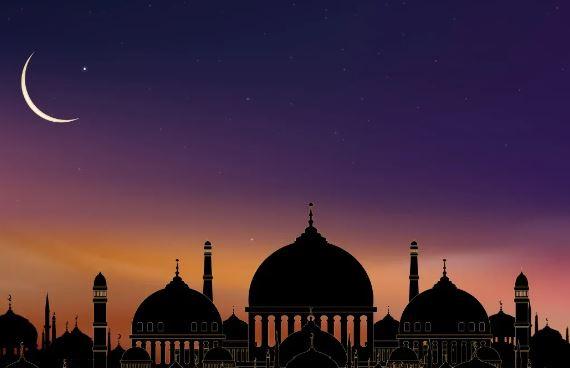
Ramadan is the ninth month of the Islamic lunar calendar and is considered the holiest month in Islam. For devout Muslims, it is a time of spiritual purification, discipline, and intense connection with God (Allah).
🌙 What happens during Ramadan?
The central feature is fasting (in Arabic: Sawm), which is obligatory for all healthy, adult Muslims.
Between sunrise and sunset, this means:
No eating
No drinking
No smoking
No sexual intercourse
Restraining negative thoughts, anger, backbiting, etc.
🌅 Daily routine during Ramadan
Time Description
Suhoor: Meal before sunrise
Fajr: Morning prayer – beginning of the fast
Iftar: Breaking the fast at sunset
Tarawih: Special voluntary night prayers
Breaking the fast traditionally begins with a date and water, as the Prophet Muhammad is said to have done.
🕌 Why do we fast?
To draw closer to Allah
To show compassion for the needy
For self-purification of body, mind, and soul
To develop spiritual discipline
📖 What makes Ramadan special?
According to tradition, the Quran (the holy text of Islam) was revealed to the Prophet Muhammad during this month.
The "Night of Decree" (Laylat al-Qadr), which falls somewhere in the last 10 days, is considered particularly holy – according to hadith, prayers on this night are considered equivalent to 1,000 months.
🧒 Who does not have to fast?
Children
The sick
Travelers
Pregnant, breastfeeding, or menstruating women
The elderly, if health prevents it
In many cases, the fast is made up later or compensated for with meals for the poor (fidya).
🎉 At the end of Ramadan:
The fasting month ends with the festival of breaking the fast, Eid al-Fitr (in Turkish: Ramazan Bayramı, colloquially also called Sugar Festival). It is a joyful holiday with:
Prayers
Feasts
Family visits
Gifts, especially for children

